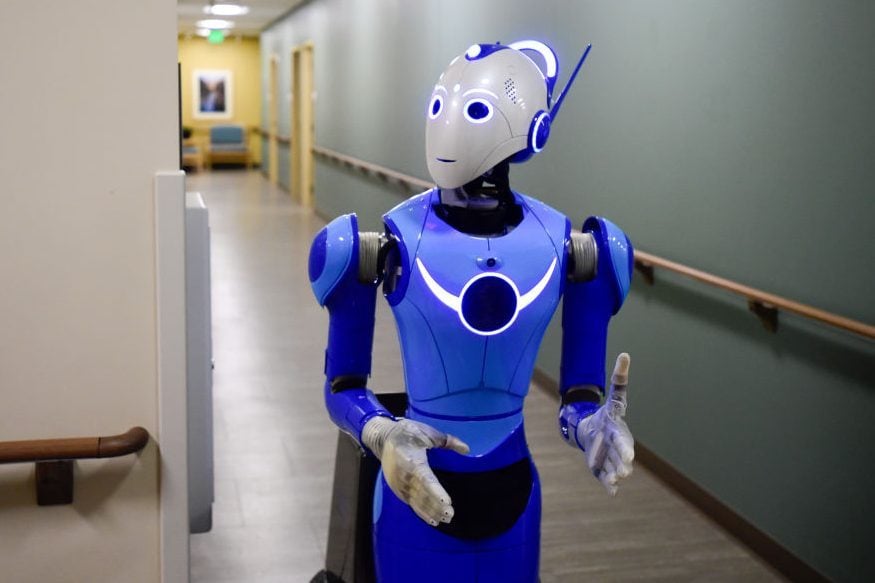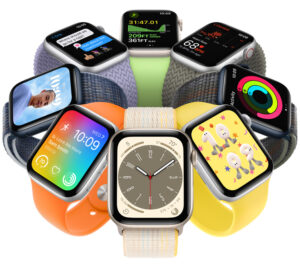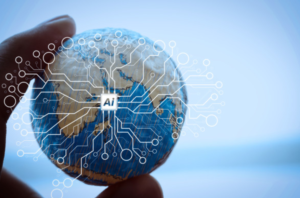Sophia the Robot, developed by Hong Kong-based Hanson Robotics, is one of the most advanced AI humanoid robots that has been making waves in the tech world since its development in 2016.
In light of the COVID-19 pandemic, the importance of robotics has become more apparent than ever before. The pandemic has caused a massive shift in the way we live and work, and robotics is playing a crucial role in helping us adapt to this new reality. In this article, we will delve into Sophia the Robot’s mass rollout plan and its potential impact on various industries and society as a whole.
Sophia the Robot’s Mass Rollout Plan
Sophia the Robot’s makers, Hanson Robotics, have announced plans to launch a mass rollout of hundreds of humanoid robots across the world in 2021. The plan includes delivering the robots to various industries such as healthcare, retail, and hospitality, among others. The rollout will begin in Hong Kong and Macau before expanding globally to other locations such as Japan, South Korea, and the United States. The expected timeline for the rollout is by mid-2021.
The rollout targets industries where there is a high demand for automation in tasks such as customer service, data analysis, and monitoring. An important aspect of the plan is to make Sophia accessible to the general public through partnerships with governments and businesses. The aim is to showcase Sophia’s capabilities and foster a better understanding and acceptance of advanced robotics.
Sophia’s rollout has the potential to revolutionize the robotics industry, as AI-powered robotics are becoming more advanced by the day. By providing access to advanced robotics, industries are set to benefit in terms of efficiency, cost savings, and increased productivity.
Advantages of Sophia the Robot
Sophia the Robot has a wide range of applications that can benefit various industries.
Health care industry
The robot has already been used in healthcare to help diagnose illnesses and provide care to patients. With the ongoing pandemic, Sophia’s technology can help minimize human interaction in healthcare settings, thereby reducing the risk of infection.
Retail industry
It can improve customer experience, reduce costs and increase efficiency. Sophia can help with inventory management, provide personalized recommendations and ensure social distancing compliance during pandemics. Its deployment has the potential to enhance the overall retail experience for customers, making it a valuable addition to the industry.
Education industry
Sophia the Robot can benefit the education industry by providing personalized and interactive learning experiences, multilingual support, special needs assistance, and cost-effective solutions. Its deployment in education has the potential to enhance the learning experience for students, making it more engaging, personalized, and efficient.
Concerns and Limitations
While Sophia’s mass rollout is certainly exciting, there are concerns about the use of advanced robotics.
Reliance on technology
Sophia’s technology is not perfect, and it may malfunction or break down, leading to disruptions in the learning or retail experience.
High cost of development
The cost of developing complex robotics technology like Sophia can be high, which may limit its accessibility to smaller organizations or industries.
Ethical considerations
The use of robots like Sophia raises ethical concerns, such as job displacement and privacy concerns, which must be addressed before widespread adoption.
Limited emotional intelligence
While Sophia can converse with humans fluidly, it lacks the emotional intelligence of a human, which may limit its ability to understand and respond appropriately to certain situations.
Security vulnerabilities
As with any technology, there are risks of cyberattacks or data breaches that must be addressed to ensure the security and privacy of users.
Final words
Sophia the Robot’s mass rollout represents a significant step forward in the development of advanced robotics. The robotics industry has the potential to transform how we live and work, and the pandemic has accelerated the need for advanced automation. While there are many potential benefits of using robots like Sophia, it is important to consider the ethical implications of their use. As we move forward with the development and deployment of robotics, we must ensure that we do so in an ethical and responsible way.
Overall, Sophia’s mass rollout represents a game-changer for industries and society. As we continue to embrace the possibilities of advanced robotics, we look forward to a future where we work side-by-side with robots to create a better world.


